Which Industry Will Continue to Promote the Expansion of Leisure Throughout the World Quizlet
Reasons Why The British Were Successful In Expanding Their Empire

- Empires are all about gaining access to the most limited resource: Power. With land, with trade, with goods, and with literal human resources, the British Empire could grab more and more power.
- Profitability was key to British expansion, and the age of exploration brought wonderous and addictive delights to the British Empire.
- They also understood how to utilize both their government and privatized industry for the greatest economic advancements.
The British Empire was one of the largest colonial empires in history, which is a masterful feat, given the country's comparatively small size. How did the empire become so wildly successful at expanding? There were many factors at play, and we will dive into some of the major ones below.
10. They Knew How To Expanded At Low Cost
Colonial expansion was often a costly endeavour. The British, however, were skilled at expanding on a shoestring budget. The budget set aside for supporting colonies was minimal. Instead, the pressure was put on the colonies to be self-sufficient. The British further reduced costs by ensuring that financial risks would be shouldered by privatized individuals, while profit would be kept larger in the hands of the government. The result? Higher margins of profit, making further expansion more possible.
9. They Were Driven By Competition With Their Neighbour France
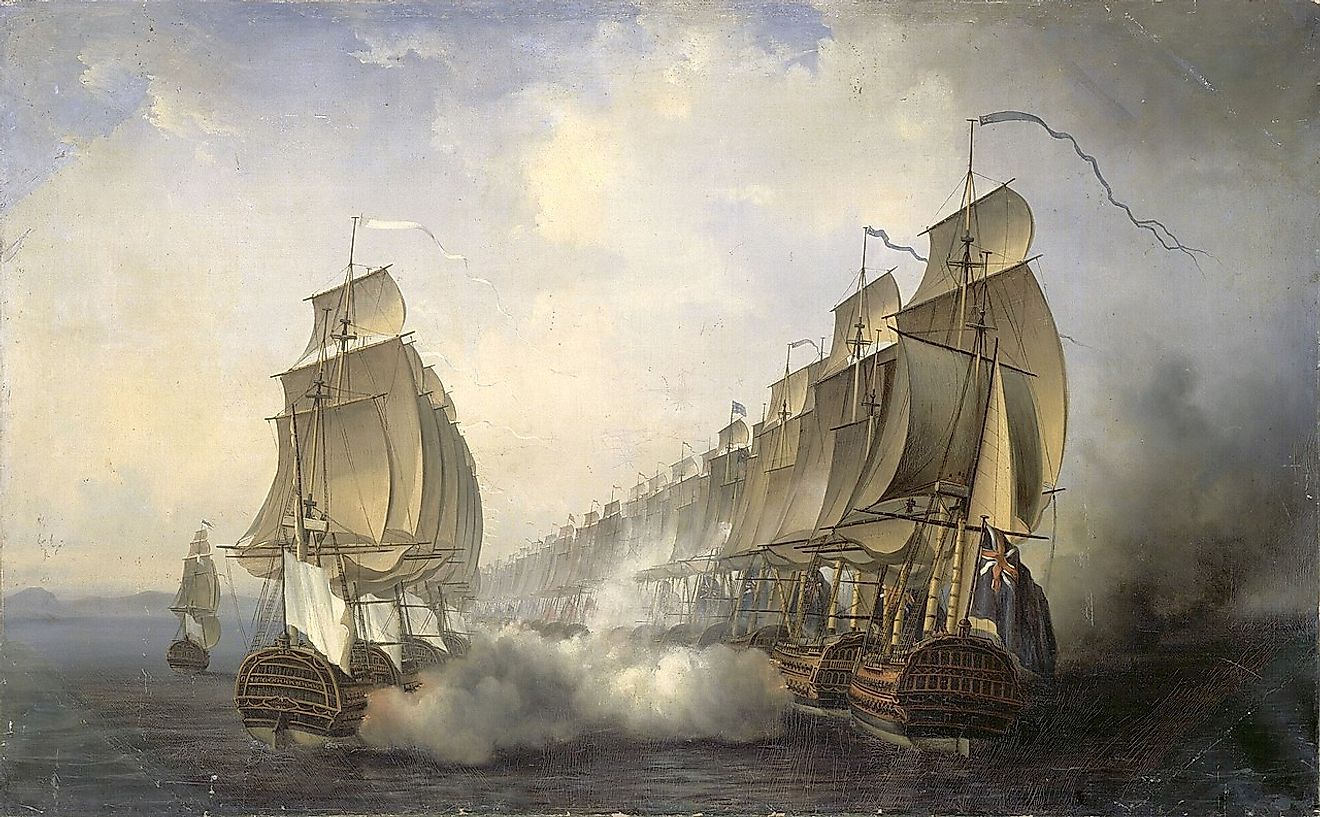
Britan was engaged in an expansion competition with France, to the degree that French and British colonies settled in North America began in-fighting throughout much of the early 18th century. British settlements in the Canadian prairies and into British Columbia enabled British influence to expand to the Pacific, but France would expand along Canada's St. Lawrence River. In the early 1500's Jacques Cartier would take possession of modern-day Quebec in the name of the King of France. The competition for expansion would drive both sides to seeks further growth for years to come.
8. They Embraced Privatization
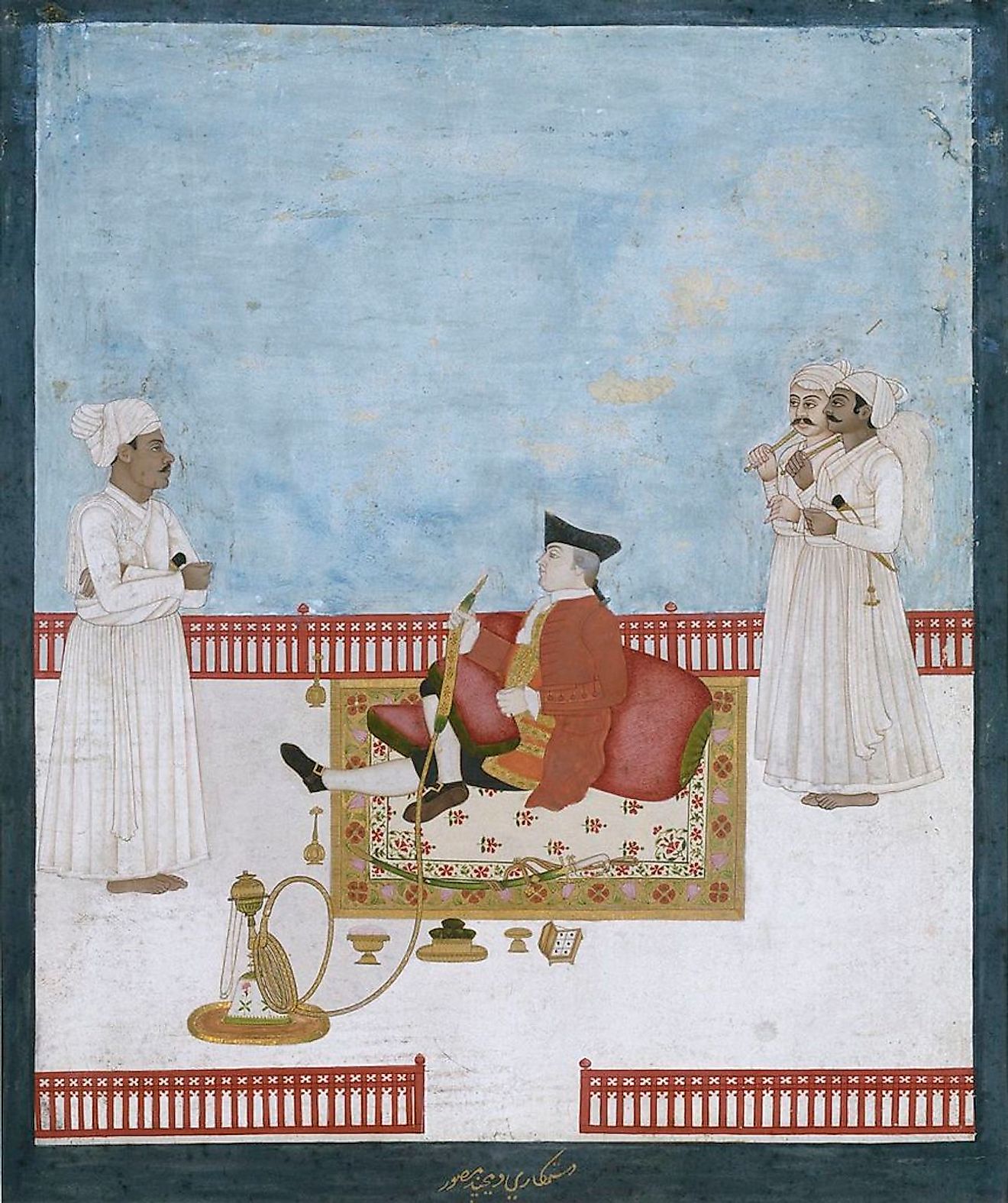
Private companies and enterprises led much of the growth of British expansion. The London Company, the Plymouth Company, and the East India Company, just to name a few, were independent entities doing business with the British Empire for profit. Taking on the financial burden of risks of establishing colonies meant that individuals had the potential to amass vast amounts of wealth, at comparatively small risk to the Crown. Yet the British were able to impose favourable taxes and trading to those colonies to increase profits for themselves.
7. They Utilized Government Policies For Profit With Little Regard For Native Populations

In 1649, Britain established the Commonwealth, and the legislation that followed would assert British rule over all British Colonies, giving them further economic power. Policy changes meant that all cargo from Europe going to the Americas had to be sent to England first to be exported and then re-exported, being taxed along the way. This pursuit of profit would be justified with religion. The pressure to expand further into the Americas for increased profit would have new settlers to the country pushing out the native indigenous communities, leading to tragic and large scale decimation of indigenous people, including their heritage, art, culture, religion and language.
6. The Needed Resources
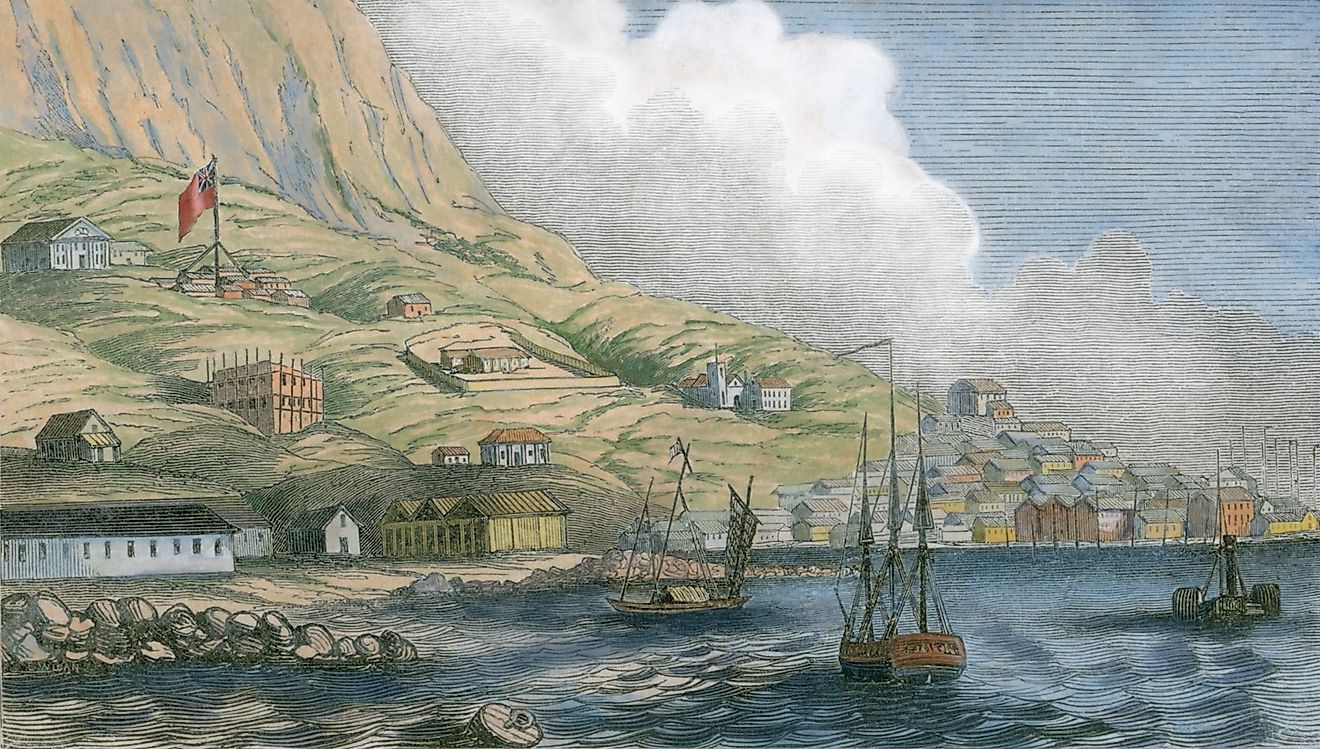
As far as landmass is concerned, Britain is not an overly large country. Growth of economy requires the accumulation of a surplus of resources, and resources are limited as long as you are restrained by your geography. The answer to the growth of British power and influence? Expansion outside of their native borders. With firm and long-established nations round them, Britain turned to yet "undiscovered" lands. Of course, the lands they "settled" had already been inhabited by indigenous populations, but what British explorers were most interested in were resources like spices, textiles, and natural resources like cotton, food stocks, tobacco, tea, sugar and anything they could grow and ship abroad for profit. The need for resources fueled their growth.
5. They Saw Economic Opportunities
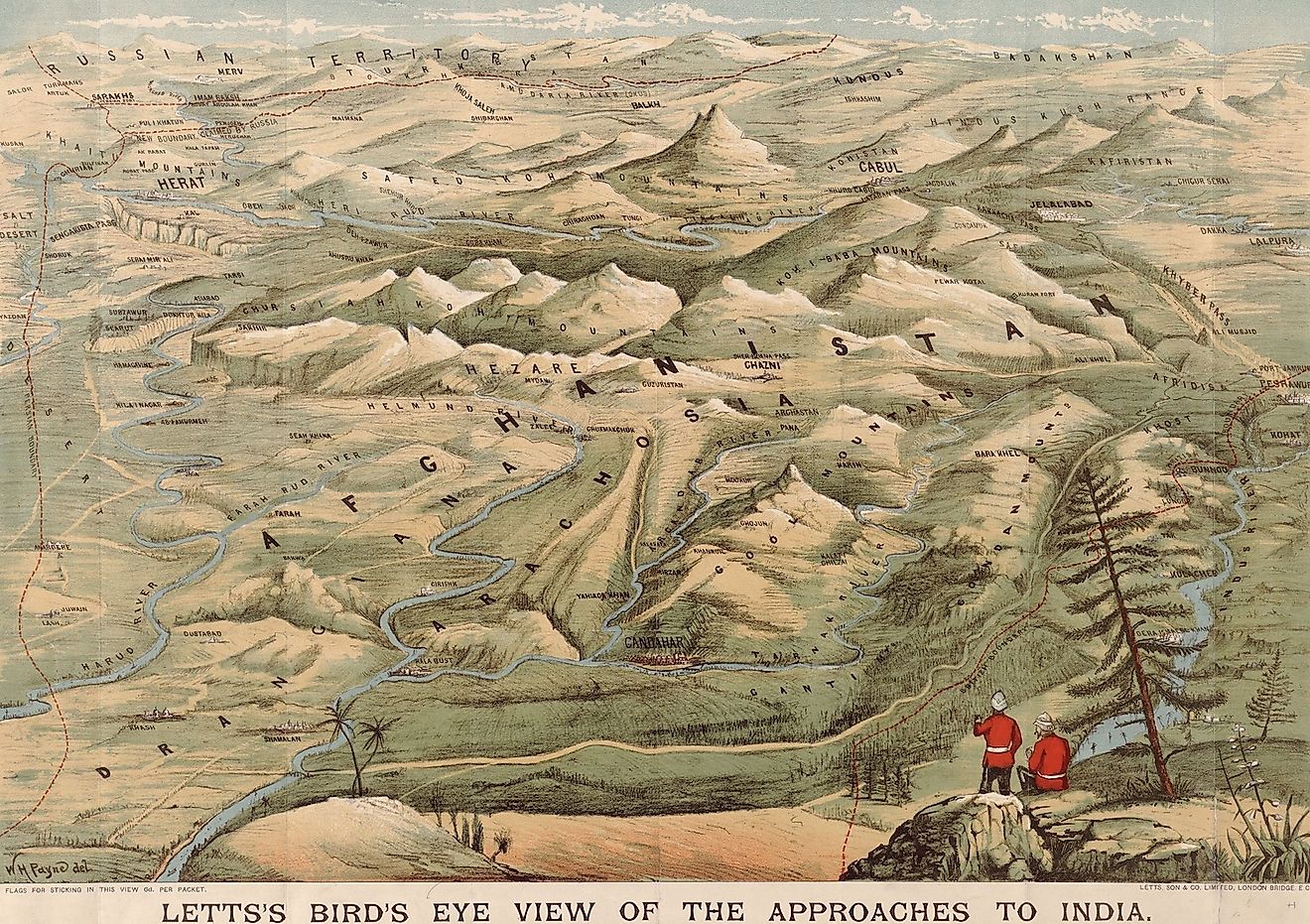
Without question, economic opportunity paved the way for the growth of the British Empire. Trade, land and the exportation of resources were critical for increased profit, but secondary industries and careers were also booming. Growth in industries like shipbuilding, merchant development into international markets, and individuals interested in "claiming their fortune" through new opportunities abroad helped shape the face of global prosperity. While this spread English culture (and by extension European culture as a whole) across the world, it also came at the cost of human exploitation. The results of this economic disparity would echo for generations and can still be felt in parts of the world today.
4. They Recognized Competition In The East
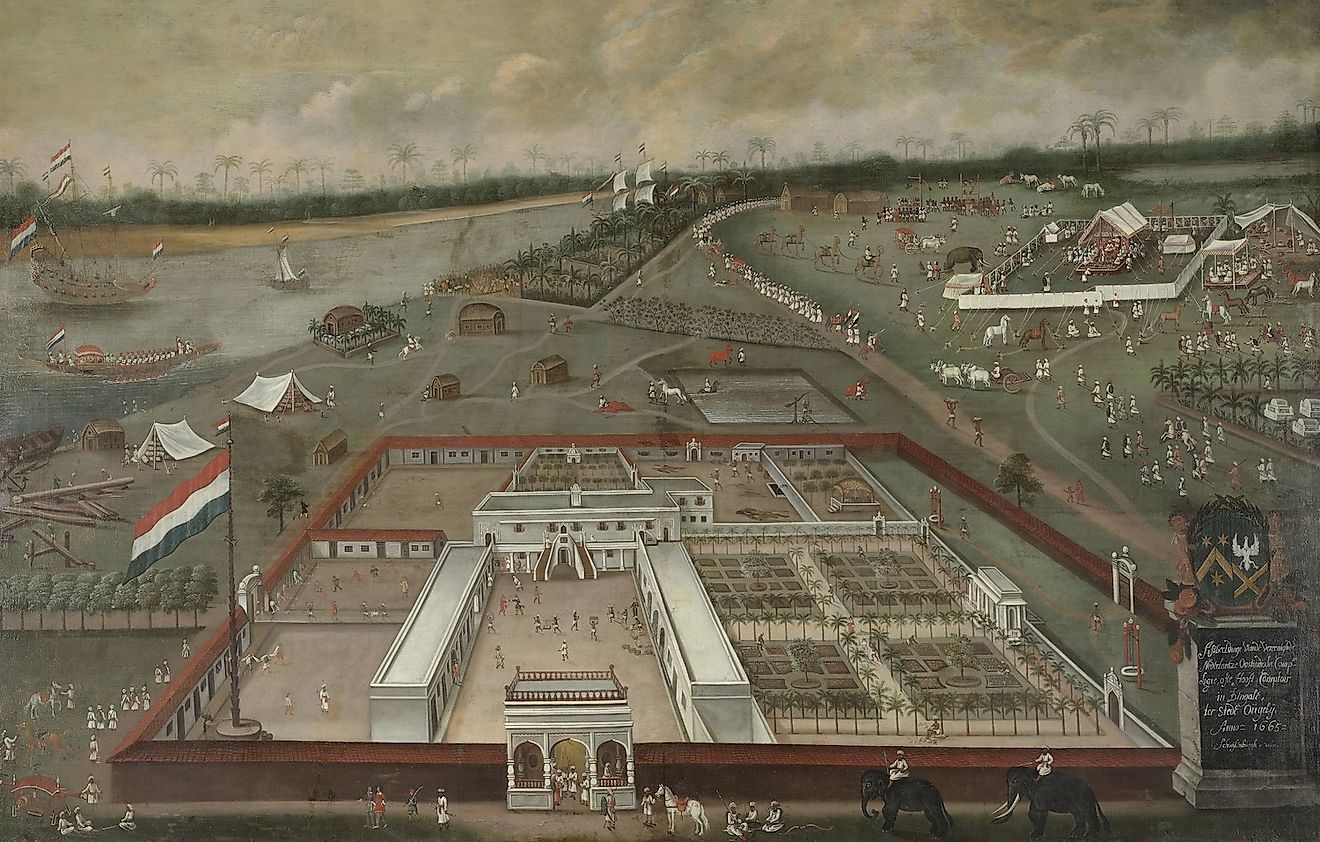
The British Empire was not the only group expanding their power, influence and global reach. By the time they were advancing their territorial search, three other empires had pre-established routes for goods like spices and textiles. The Ottoman Empire, the Chinese Empire and the Mughal Empire had developed trading connections. The British East India Company built up trade with the Mughal Empire that would grow into the foundation of Britain's later expansion into India.
3. They Profited From Human Bondage
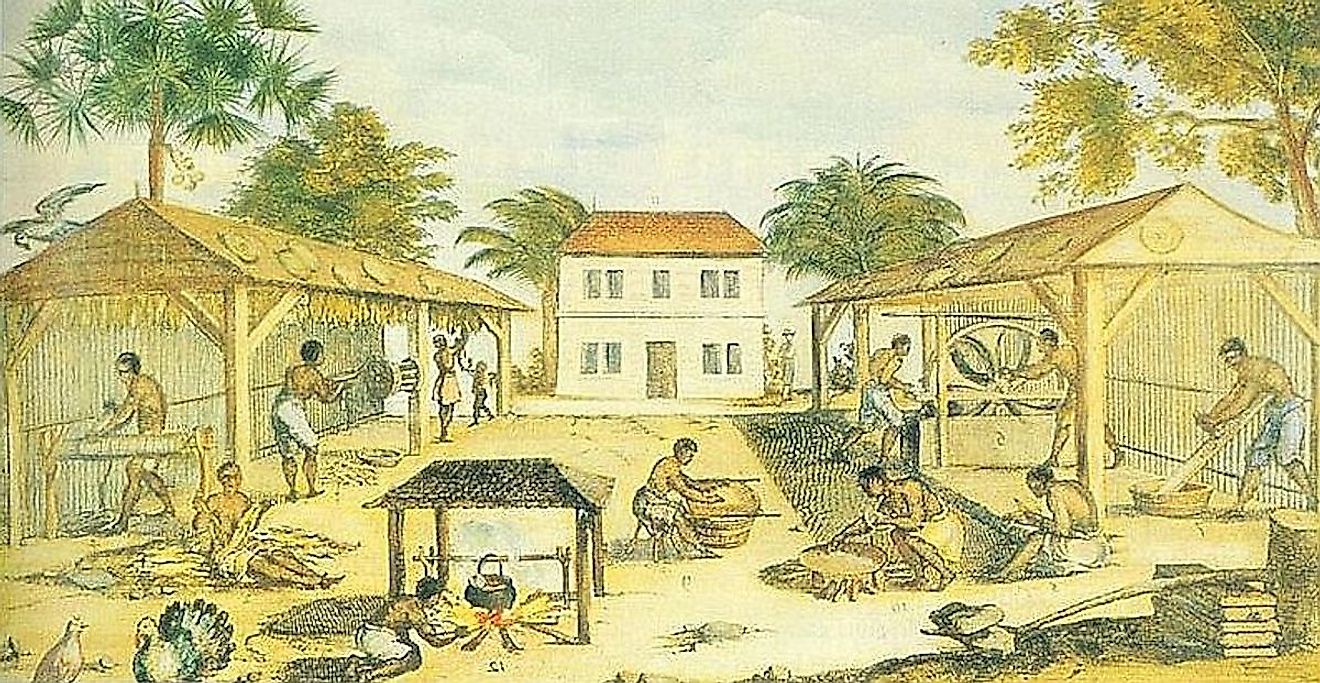
While it did not play as large a role in the slave trade as Portugal or Spain in the 1600 and 1700s by comparison, England was a player in transporting and selling human beings in the 1500s. England established colonies and a navy in the Caribbean. Cities such as Liverpool and Bristol would expand as the marketability of trading human chattel grew more profitable, and companies like the Royal African Company, among others, would be established to meet the needs of higher demand. It was a horrible and profitable industry and untold masses of kidnapped African people would be sold into a lifetime of disenfranchisement as a result.
2. They Saw Profit In Exploiting The Vices Of Their Own People
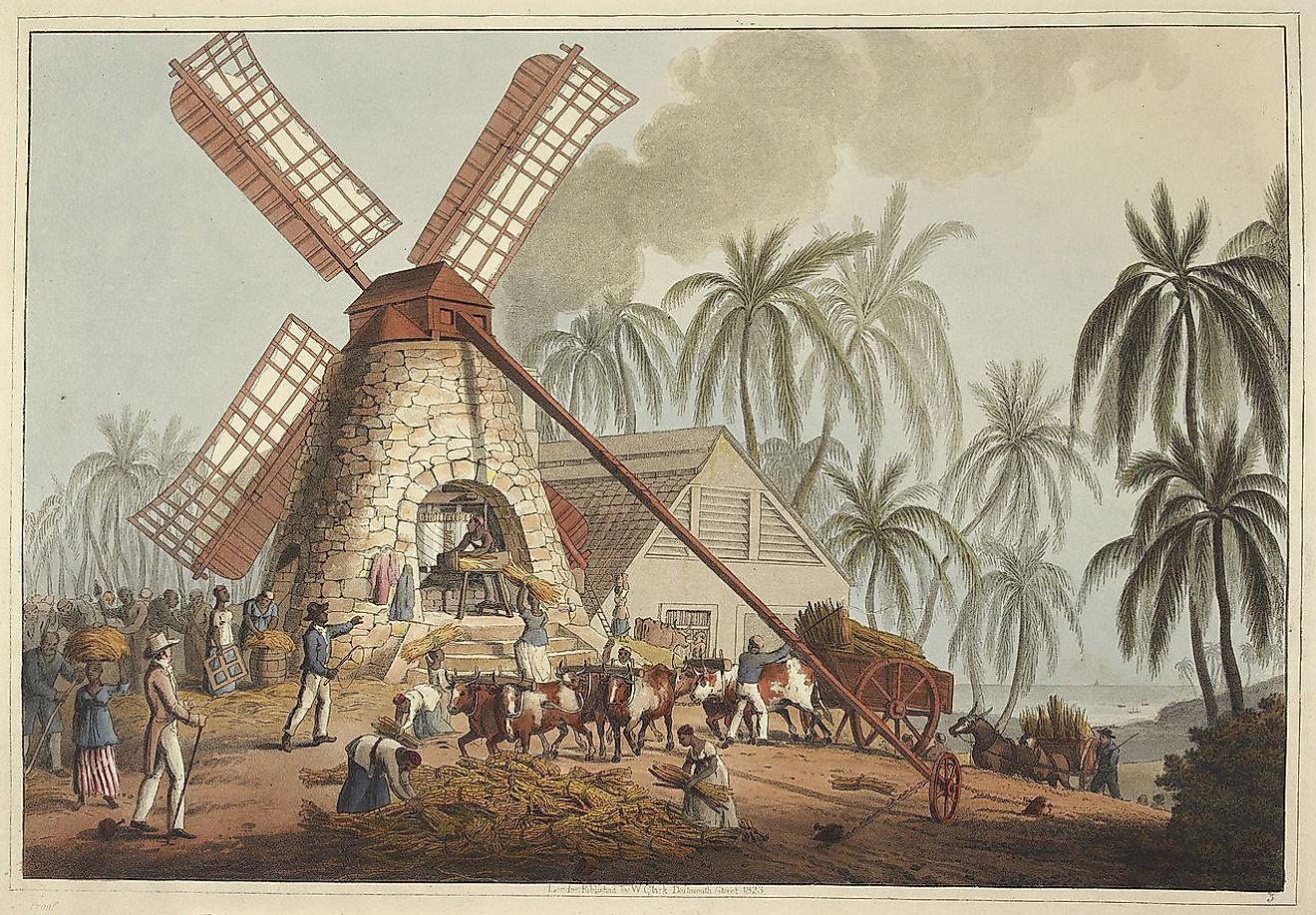
Profitability was key to British expansion, and the age of exploration brought wonderous and addictive delights to the British Empire. Sugar, tea and tobacco became some of the most profitable goods, and the British Empire went mad for addictive foreign substances. Colonies that could exploit their labour on plantations, churning out low-cost goods that could be sold for a profit internationally and imported back to the British at favourable costs.
1. They Wanted Power
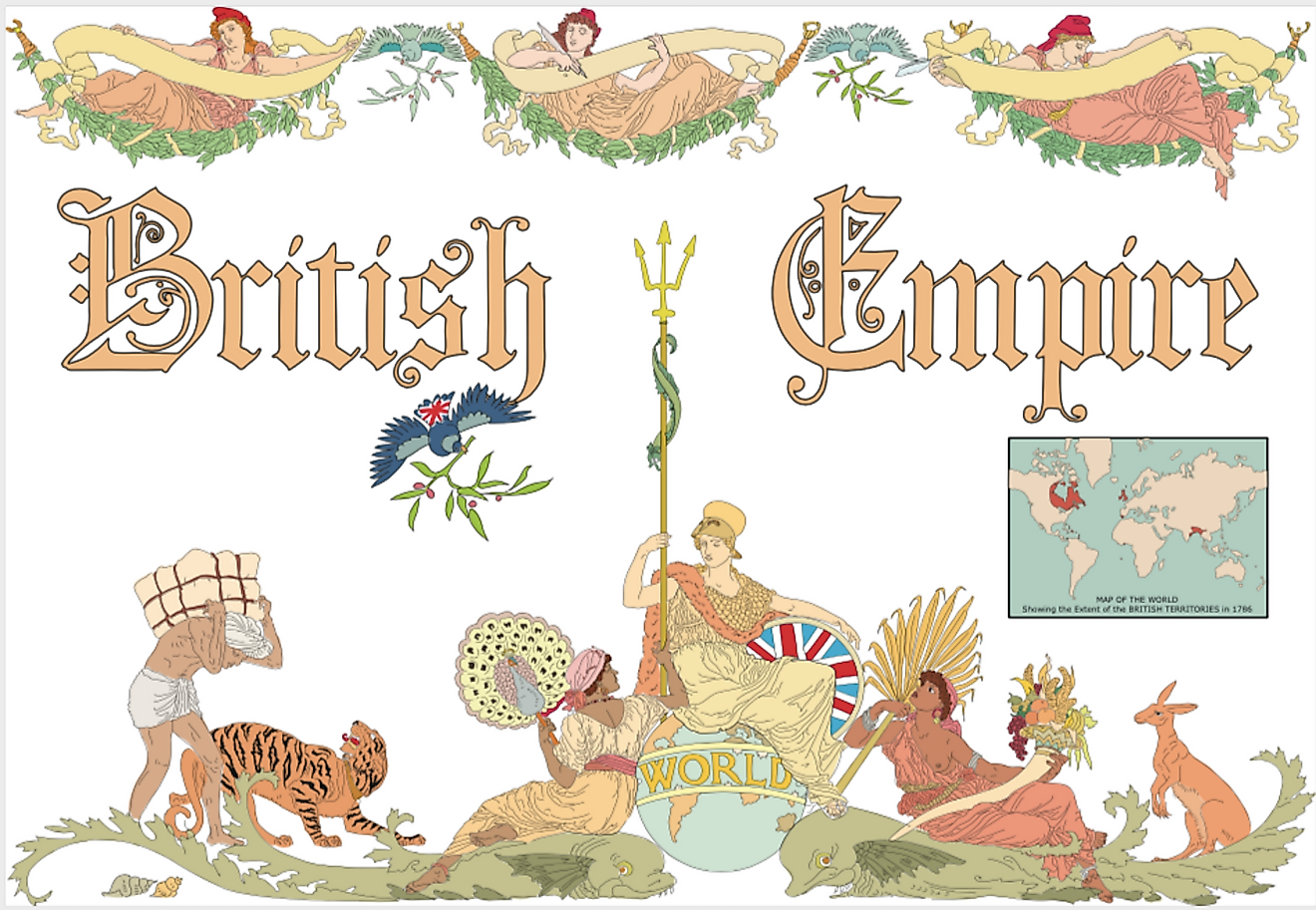
Empires are all about gaining access to the most limited resource: Power. With land, with trade, with goods, and with literal human resources, the British Empire could grab more and more power. With more power came more money, more influence and more cultural capital. It allowed them to impress their culture, religion and beliefs on the places they claimed on the international map, and the expositional growth of influence made continued expansion possible. However, the larger an expanse of power is without the uniformity of governance, the faster rebellions can arise. Wars of independence would seed themselves across multiple colonies, and ultimately be the undoing of many British strongholds.
Source: https://www.worldatlas.com/articles/reasons-why-the-british-were-successful-in-expanding-their-empire.html